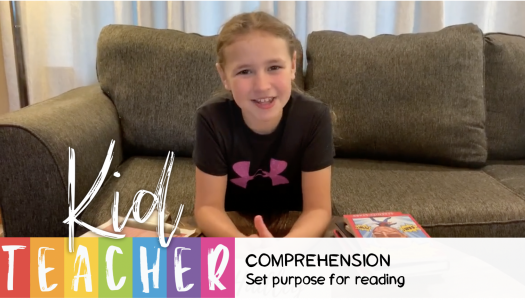Allison Behne
 You know the condensation that covers a mirror or window when the temperature changes just enough? I remember writing on the windows of the school bus, and similar antics at home, only to be told not to because the windows had just been cleaned. Apparently, the thin layer of moisture was inviting, because my sister and I were told no to this form of artwork frequently. And when my children tried to do the same thing, I always stopped them, too . . . until recently.
You know the condensation that covers a mirror or window when the temperature changes just enough? I remember writing on the windows of the school bus, and similar antics at home, only to be told not to because the windows had just been cleaned. Apparently, the thin layer of moisture was inviting, because my sister and I were told no to this form of artwork frequently. And when my children tried to do the same thing, I always stopped them, too . . . until recently.
A few weeks ago, I went in to tidy up the bathroom after my son’s shower and saw a large face drawn in the moisture of the bathroom mirror. My initial reaction was to sigh . . . Why couldn’t he realize this makes more work for me? As I was about to call his name to remind him that this was not okay, I paused and reflected. In front of me was an adorable drawing that would be completely invisible when the room cleared. Why was it not okay for him to write on the mirror when it was wet? Where was the harm in it? That is when I realized that this harmless act was really not so bad. Then, instead of calling him in, I added to the drawing and wrote him a message. Since then, we’ve been taking turns writing back and forth, and I look forward to the messages/art on the bathroom mirror.

I was sharing this story with a colleague this week when she thanked me for reminding her to pick her battles. She said, “Sometimes I think I have rules just for the sake of having rules. It wastes energy and is counterproductive to creating independent learners.”
Her comment made me think about the classroom and what unnecessary rules could be discarded to enhance a student-centered environment. Maybe if we reduce our need to control all things and focus our energy on important, effective practices, our classrooms won’t fall apart as we fear they might, and instead, maybe our students will reap the benefits. I find it helpful to ask about the purpose of the systems and procedures in place in the classroom. If there is a clear purpose that provides a benefit to all students, it is worth keeping. If the purpose is to benefit the teacher, it is time to reconsider. Here are some suggestions for reducing control that are rooted in the idea of choice.
- Allow students to have a range of books in their book boxes—books they choose and find interesting.
- Teach children to find a good-fit work space in the room for the task on which they are working.
- Encourage free-choice writing during Work on Writing.
- Provide time for students to book shop when needed—for some this is weekly, for others it is every few days.
- Offer a choice of tasks during the literacy block.
Letting go of the “no writing on the mirror” rule has led to a new tradition that brings the possibility of surprise with each new day. If such pleasure has come from letting go of something so small, I have to wonder how much joy and surprise might be rekindled in our classrooms by letting our students express themselves more freely.
News from The Daily CAFE
 Activities and Lessons . . .
Activities and Lessons . . .
Understanding Average*
Here is an example of what this daily structure looks like in a lesson on using visual models to determine the average of a set of data.
 Classroom Tips and Resources . . .
Classroom Tips and Resources . . .
Introducing Math Tool Kits
This tool kit is a great option when you have more students than you do tools or space.
 Timely Ideas . . .
Timely Ideas . . .
Monitor and Fix Up: Grade-Level-Specific Lessons*
Brief Focus Lessons, last about 7–10 minutes, maximizing student potential for engagement and retention. Select the lesson that matches your grade level.
 Focus on Health . . .
Focus on Health . . .
Improvement Versus Perfection
We are encouraged to measure improvement by looking back.




